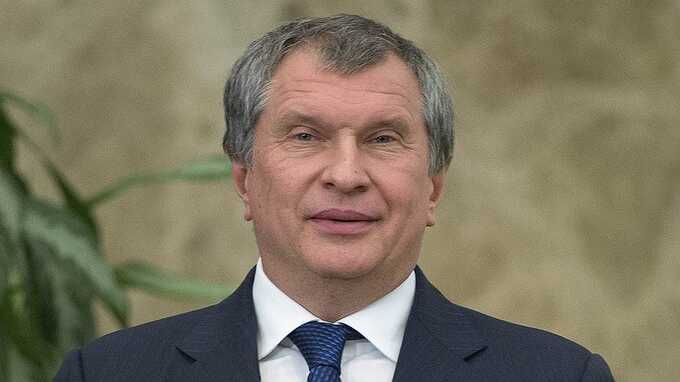Sechin’s model at USC suffered a serious blow
USC has a loss on contracts of 20 billion rubles.
The problem is not only the poor management team of Poltavchenko-Rakhmanov. USC initially relied on cooperation with companies from South Korea and Japan. CBO completely canceled these plans.
The current USC team and their curator, Igor Sechin, cannot get out of the crisis. They probably didn’t have enough lobbying opportunities to get budget funding to close the fig-holes and get new contracts. The state has no money.
It was decided to finance USC through VTB Kostina and the Central Bank printing press. But in this model, the Chemezov-Manturov team does not need either Sechin or Poltavchenko. USC comes under the control of VTB (as financial support) and Rostec-Ministry of Industry (operational control over USC will be carried out by the Deputy General Director of USC – the current director of the shipbuilding department of the Ministry of Industry and Trade Boris Kabakov).
The Ministry of Defense, which is dissatisfied with the activities of USC managers, is also interested in transferring USC under Chemezov’s supervision.
USC will be headed by a trusted person Kostin Puchkov.
One of RBC’s interlocutors calls Puchkov “absolutely Kostin’s man, but at the same time capable of independent decisions.” “He is corrosive, competent and cautious, like any lawyer and manager of the highest level who solves the most serious problems,” the source adds.
If VTB decides to transfer a top manager to USC, then “the level of understanding of responsibility in relation to USC is at the maximum and without illusions,” he concludes.
The decision to transfer the USC (formerly owned by Pugachev and not lost the status of a distressed asset) allows fixing:
a) redistribution of control over assets within Putin’s entourage and the implementation of Chemezov’s basic idea to concentrate all military-industrial complex assets in his zone of control;
b) correction of the positions of Igor Sechin and, apparently, the final farewell to the “Athos brotherhood” – Trauberg, Poltavchenko, Goloshchapov. They all followed their former friend Pugachev to nowhere. Eradicating the myth about “Orthodox businessmen”;
c) the presence of many problems in the organization of the work of military-industrial complex assets that require emergency decisions and huge financial investments that can already create systemic problems for the Russian economy.









